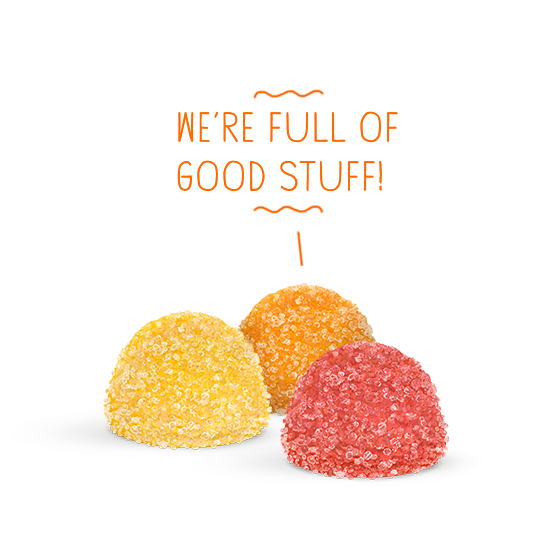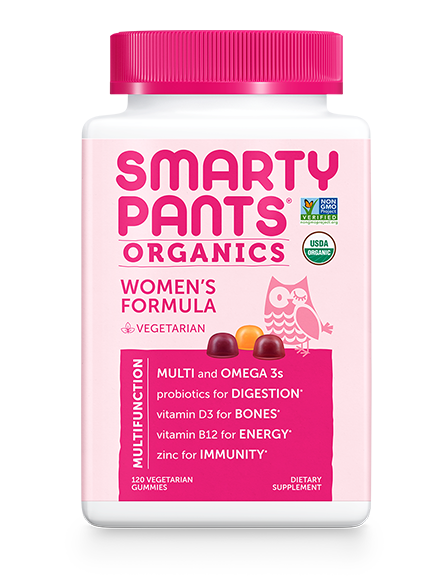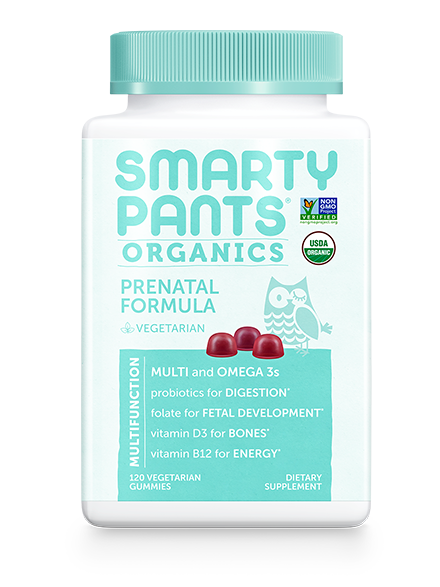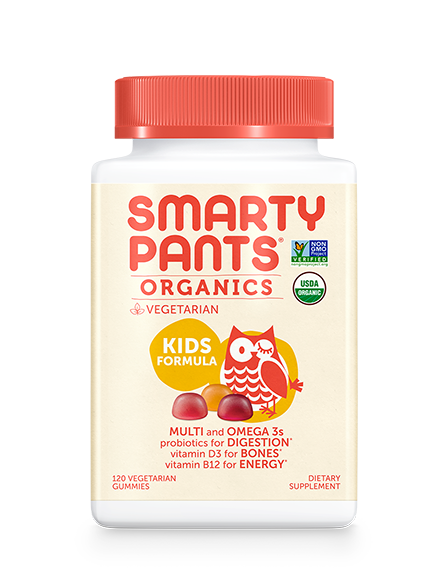- Bruno EJ Jr, Ziegenfuss TN. Water-soluble vitamins: research update. Curr Sports Med Rep. 2005 Aug;4(4):207-13. Review.
- Fishman SM, Christian P, West KP. The role of vitamins in the prevention and control of anaemia. Public Health Nutr. 2000;3(2):125-150. Review.
- Institute of Medicine. Food and Nutrition Board. Dietary Reference Intakes: Thiamin, Riboflavin, Niacin, Vitamin B6, Folate, Vitamin B12, Pantothenic Acid, Biotin, and Choline. Washington, DC: National Academy Press; 1998.
OUR NUTRIENT GUIDE

Our Star Nutrients
Riboflavin
R2-B2: the vitamin you are looking for
How much do I need?
The current recommended daily intake (RDI) for riboflavin is3:
- Newborns, 6 months: 0.3 mg
- Infants, 7 to 1 year: 0.4 mg
- Children, 1 to 3 years: 0.5 mg
- Children, 4 to 8 years: 0.6 mg
- Children, 9 to 13 years: 0.9 mg
- Men, 14 to 18 years: 1.3 mg
- Women, 14 to 18 years: 1 mg
- Men, 19 years and older: 1.3 mg
- Women, 19 years and older: 1.1 mg
- Pregnant women: 1.4 mg
- Breastfeeding women: 1.6 mg
Why we include it
The B complex vitamins help the body convert food into energy in the form of glucose and utilize fats and proteins. They are essential for a healthy nervous system and healthy skin, eyes, and hair. Although a riboflavin deficiency is rare in the U.S., it’s such an important vitamin that we’ve included it in our Women’s and Men’s Formula multivitamins to ensure you’re getting adequate levels of this nutrient. Since all B complex vitamins are water-soluble, your body will simply eliminate any it doesn’t use.
Where can I get it?
Riboflavin is best absorbed by the body during meals, so try to get your riboflavin in with food – or better yet, in your food!
- Spinach – 1 cup, 0.42 mg
- Crimini mushrooms – 1 cup, 0.35 mg
- Asparagus – 1 cup, 0.25 mg
- Eggs – 2 each, 0.26 mg
- Collard Greens – 1 cup, 0.20 mg
- Broccoli – 1 cup, 0.20 mg
- Green Beans – 1 cup, 0.12 mg
- Bok Choy – 2 cup, 0.22 mg
- Kale – 1 cup, 0.09 mg
- Mustard Greens – 1 cup, 0.09 mg
- Soybeans – 1 cup, 0.49 mg
- Turkey – 4 oz, 0.23 mg
* These statements have not been evaluated by the Food and Drug Administration. This product is not intended to diagnose, treat, cure, or prevent any disease.





